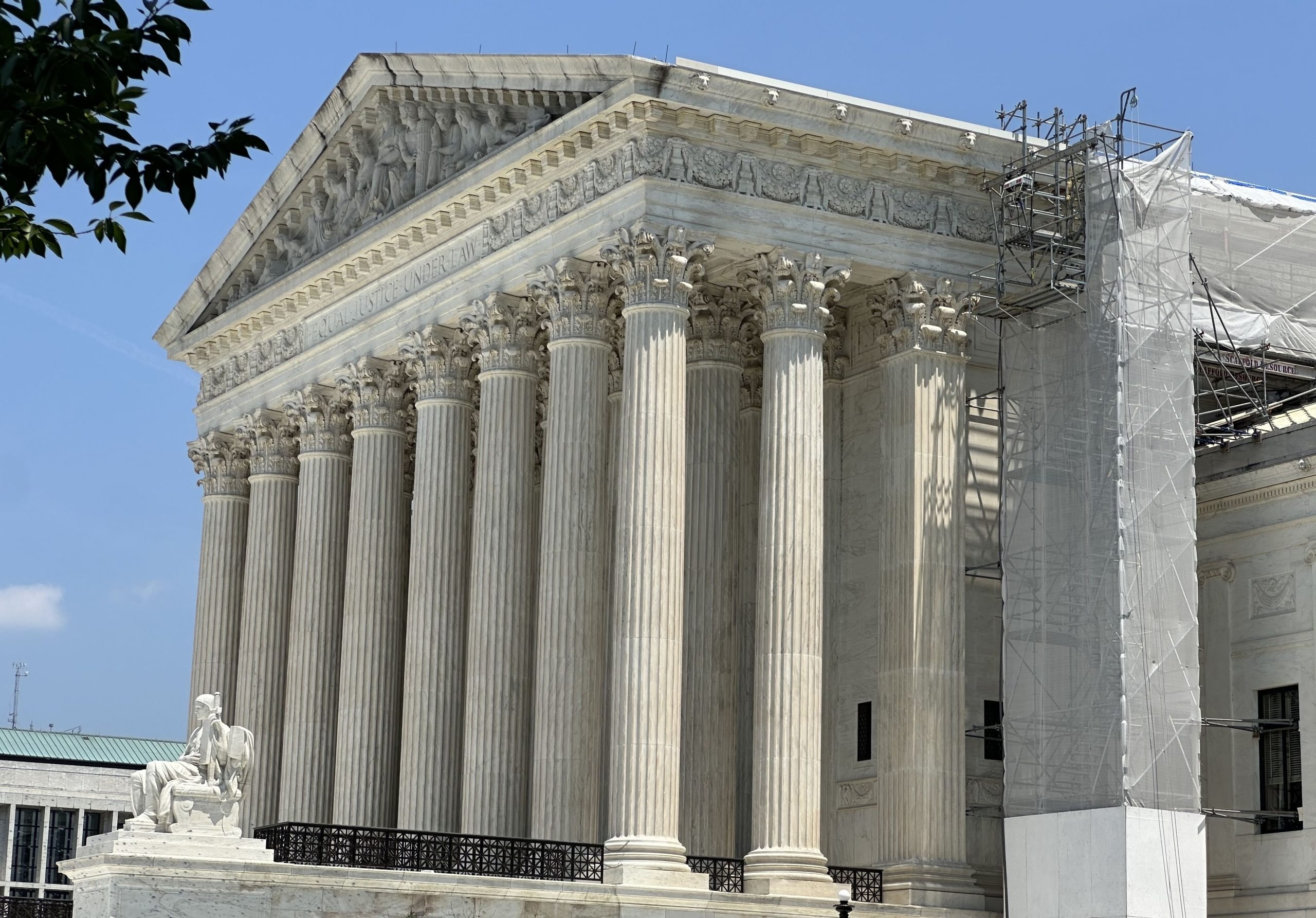Justices validate right to renew lawsuit after voluntary dismissal


Gary Waetzig filed an age discrimination suit against his former employer, Halliburton. He then dismissed the suit when the company pointed out that he had agreed to arbitrate. When he lost in arbitration and tried to return to federal court, the statute of limitations on the alleged age discrimination had passed, and he asked the court instead to grant relief from the previous order of dismissal, essentially reopening that first case.
At the Supreme Court, his case, Waetzig v. Halliburton Energy Services, presented the justices with the intersection between two rules of federal civil procedure, Rule 41, which allows a plaintiff voluntarily to have its own case dismissed, and Rule 60, which establishes the rules for when a court can reopen a case. The question for the court was whether a voluntary dismissal under Rule 41 is the kind of proceeding that is sufficiently final to fall within the rules for reopening judgments under Rule 60. Yesterdays opinion from Justice Samuel Alito came down quickly, the first from the January argument calendar. And that opinion gives that question an emphatic yes.
Alito starts with the question of finality, quoting the definitions of final from various legal dictionaries to mean things like definitive; terminating; completed; conclusive; last. For him, [a] voluntary dismissal without prejudice falls comfortably within this definition, because it is the conclusive and last filing on the docket, and it complete[s] the particular lawsuit at issue.
He also points to the Federal Rules Advisory Committee Notes, which explained that the limitation of Rule 60(b) to final proceedings clarified that interlocutory judgments are not brought within the restrictions of the Rule, but rather are left subject to the complete power of the court to afford such relief as justice requires. Alito goes on to explain why that exclusion makes sense. For him, the limitations on the authority of a court to act under Rule 60(b) otherwise would infringe a courts inherent and distinct power to revise its own interlocutory rulings. To exclude voluntary dismissals from Rule 60(b) would leave them, Alito says, in a procedural no mans land, because they would neither be interlocutory (and thus freely revisable) nor final and thus subject to Rule 60(b). As he concludes, [i]f a voluntary dismissal without prejudice is not interlocutory, then it is hard to imagine that it could be anything but final.
Alito finds it similarly easy to characterize the voluntary dismissal as a proceeding for purposes of Rule 60(b). Again, he starts with a series of definitions from legal dictionaries that describe the term as including all possible steps in an action from its commencement to the execution of judgment. Alito also points to other federal rules that use the term in the same comprehensive way. For example, a rule authorizing a stay of further proceedings likely refers to a stay of any further action in the lawsuit, including further docket filings, [because] otherwise the stay would be an ineffective sanction.
Alito also points to the cumulative references in Rule 60 to a judgment, order, or proceeding, which he analyzes as speak[ing] in an ascending order of generality. For him, [a]ny judgment will generally involve an order, but not all orders are judgments. In turn, for Alito, [j]ust as order encompasses and exceeds judgment, proceeding should encompass and exceed order. He concludes, then, that it would be odd to read proceeding as covering only those acts that are already covered by the term order. He concludes, then, that the term proceeding encompasses all steps taken in the action, including a voluntary dismissal without prejudice.
The court has spent a surprising amount of time on its docket this year on cases about federal procedural rules, which raise issues that easily could be addressed by the advisory committee on federal rules. In this particular case, I can imagine textbook authors and lower courts quoting the fine parsing of the text of Rule 60, and especially the view that all rulings must be either interlocutory or final without a no mans land in between. But I rather doubt this case will be a major precedent in the years to come.
Posted in Merits Cases
Cases: Waetzig v. Halliburton Energy Services, Inc.
